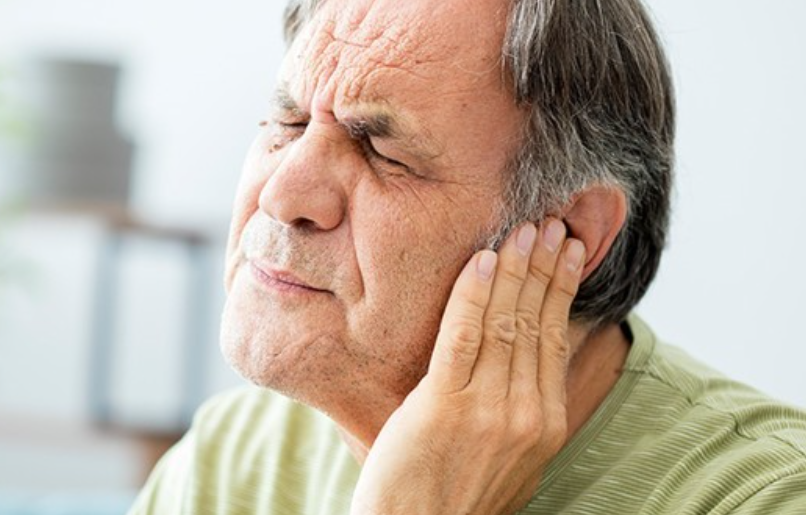
If you live in a noisy environment for a long time, the proportion of high blood pressure in the population will also increase exponentially.
In addition, noise can also affect secretion. Endocrine, diabetes, and some hormone levels related to mood all show up over time.
Can excessive anxiety over noise be a disease?
This fear of noise also has a proper name in medicine, that is, auditory allergy, which is also what we often say misophonia.
When stimulated by a certain sound, the sound may not be large for others, but for some patients, they will feel that the sound has an abnormal sense of amplification.
When they hear the sound stimulation, there may be some physical or psychological discomfort, some people will have a severe headache, nausea, vomiting performance, and some people will have too angry, irritable emotional performance.
Is there benign noise?
Some people study or do a certain thing, will play background music or headphones to listen to some music, in fact, this music sound is not noise, it belongs to the rhythm, the melody of the music.
This sound can screen out noise, so that we are not affected by sudden sounds or other sounds in the external environment, and can screen out unnecessary sounds in our environment and play a role in focusing attention.
There is also benign, healthy noise, such as white noise. There is a class of patients, due to various reasons, they will hear abnormal sounds in their ears, some like cicadas, some like trains passing by, this sound continues to appear in the ear or intracranial, to a certain extent, will also affect the patient's mood.
One treatment for tinnitus is to look for noise of the same frequency and use that noise to mask the sound of tinnitus. For example, using some white noise to resist the sound signal in the patient's brain can make the patient temporarily relax.
In addition, white noise has a certain sleep aid effect. This effect can actually be understood as a transfer, which allows us not to pay too much attention to a sudden sound, so it will have a certain effect on sleep.
How to make reasonable noise protection?
In daily life, noise sources can be divided into the following types: traffic noise, industrial noise, decoration noise. For different noise conditions, there are different protection recommendations. In the family environment, 30-40dB background sound is more suitable for sleep.
When the surrounding sound is relatively loud, the simplest protection method is to physically partition, mainly through the air to block the transmission of noise, such as the installation of double glazing.
In special operating environments, the ambient dB number may reach more than 100dB, or even 120dB, which is close to the dB number when the aircraft takes off and lands. In this case, special noise reduction earplugs can be used, which can play a certain degree of isolation.
In daily life, there are some places where the noise decibels will be relatively strong, such as KTV, stadium, and even when the speaker plays the sound in the theater, the local noise will be very obvious. In this case, we need to minimize the duration of exposure to noise.
There are some details in life that need attention. When using headphones, including some audio equipment, we can abide by the "66 principle", that is, the output volume should not exceed 60% of the entire device, and the use time should not exceed 60 minutes.
The longer the time, the louder the sound, the more serious the damage to our hearing cells, and these damages are irreversible.
In particular, the greater the ambient noise, the more likely we are to turn up the volume of the device to cover it up, which can also cause serious damage to our hearing.

